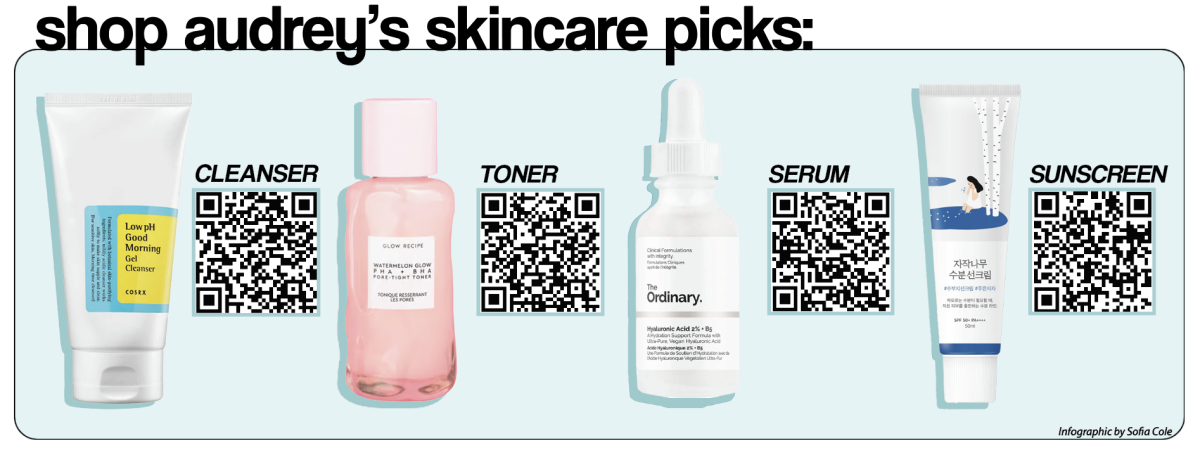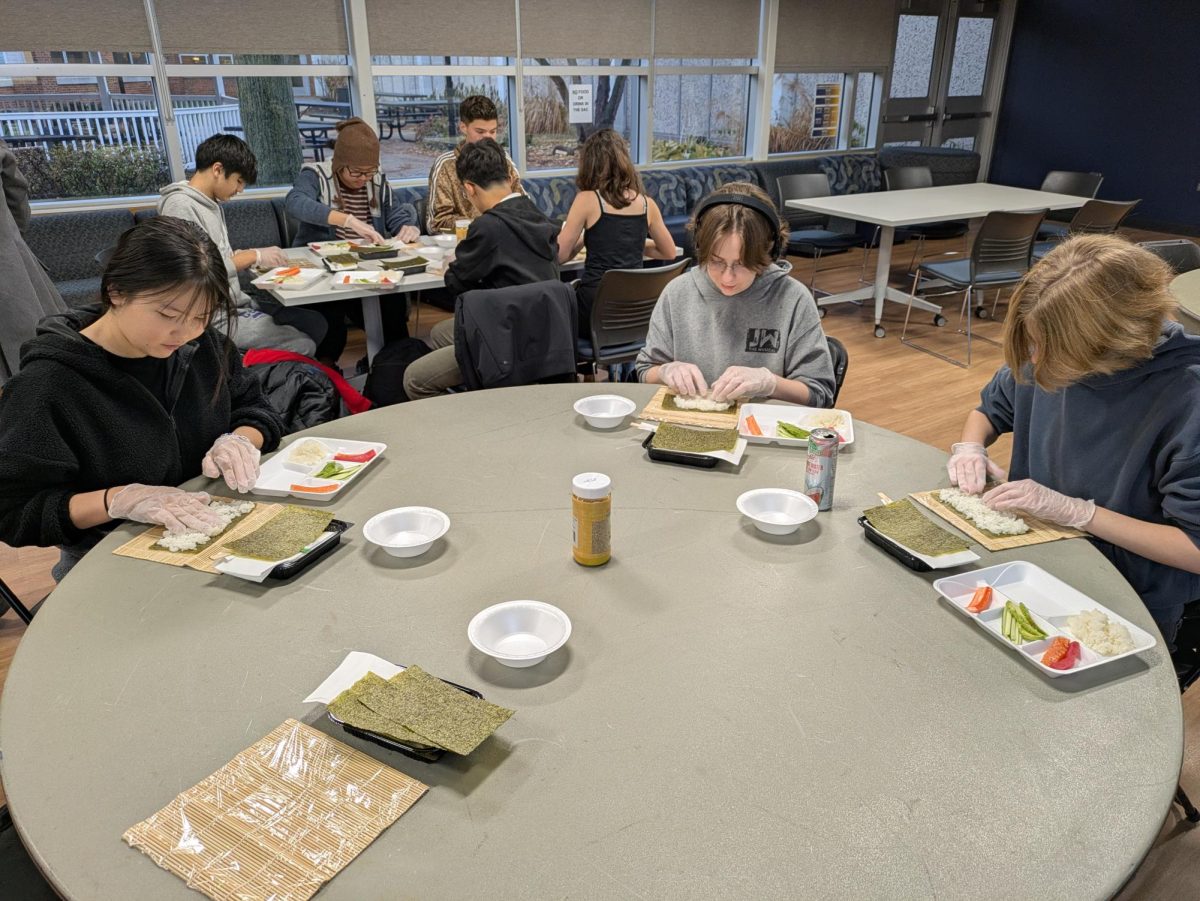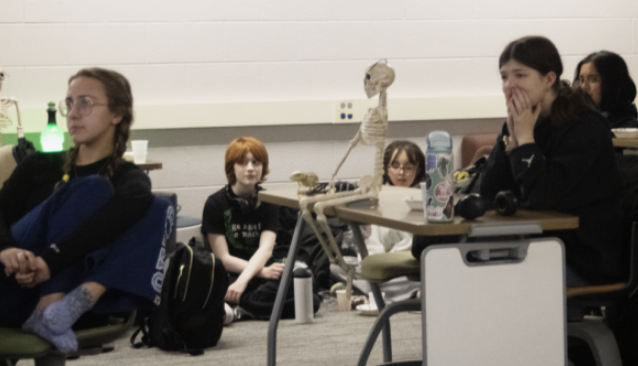As water fills her hands, sophomore Audrey Kim gently splashes her face, granting her a clean slate for the day ahead of her. She repeats this process at night with a cleanser, toner, serum, and moisturizer to remove any dirt from the day.
Kim is not alone with this routine, considering 69 percent of South students have a daily skincare routine, according to a non-scientific survey conducted by The Oracle. Kim crafted her skincare routine due to insecurities.
“I was thinking, ‘What if I get bullied for having really bad skin in high school?’” Kim said. “Which doesn’t happen, [but] I was in middle school and didn’t know [better],”
Kim’s skincare routine catered to her individual needs, combatting texture, acne, and discoloration, she said. She struggled finding a routine that would prevent breakouts and fit her budget. To find a personalized routine, Kim recommended using social media and visiting a dermatologist.
“[On social media], you [have] to be careful who you’re getting [recommendations] from,” Kim said. “Some people fake [a product’s effectiveness], or are just promoting it.”
Sophomore AJ Tserendolgor agrees that social media has a deceitful nature when it comes to advertising skincare products. Finding a routine that works with one’s skin is a process of trial and error, especially when items are falsely advertised, she explained.
“It took me a long time to find something that actually works and not just a Photoshopped [advertisement],” Tserendolgor said.
It was not until eigth grade that Tserendolgor decided to do something about her skin that had troubled her for years. From being bullied during middle school, Tserendolgor was self conscious, but then, she was going to take action to feel good about herself, she explained.
During quarantine, Tserendolgor’s acne and dry skin became a devastating problem for her self-esteem, she explained.
“I started to get more self-conscious and I genuinely stopped taking photos of myself or I asked my friends to delete photos [they took of me],” Tserendolgor said.
By using Korean skincare products and strategies she learned from family and friends, Tserendolgor was able to gain back control over her appearance, she said. She emphasized the importance of taking action, even if you are unsure where to begin.
“Feeling good [about my appearance] and getting compliments reminds me, ‘I tried this morning and I [it paid off]’,” Tserendolgor said.
As English Teacher Katrina Prockovic tells her daughter, skincare is an act of kindness to your body. Showing ourselves kindness can benefit our mental health. Although it may not solve it, skincare can be a piece of the puzzle, she said.
“I tell my 6-year-old daughter every night that the reason we wash her face is [because] we get one body [that does] a lot of work for us throughout the day,” Prockovic said. “Taking care of our skin, particularly our face that sees and experiences so much, is an act of kindness,” Prockovic said.
Many skincare products are advertised as slowing the aging process of skin, particularly for women, Prockovic noted. Although she would love to live in a society where aging is not frowned upon, it is our reality, she said. Often, society has less of a problem whether it is a graying hair or laugh lines on a man’s face versus a woman’s, Prockovic said.
“I find myself asking if I’m doing something in the skincare realm for myself, or if I’m doing it because it might make me look better in the other peoples’ eyes or it’s conforming to what society wants,” Prockovic said.








